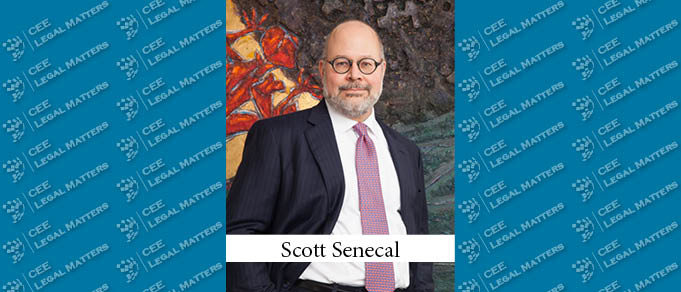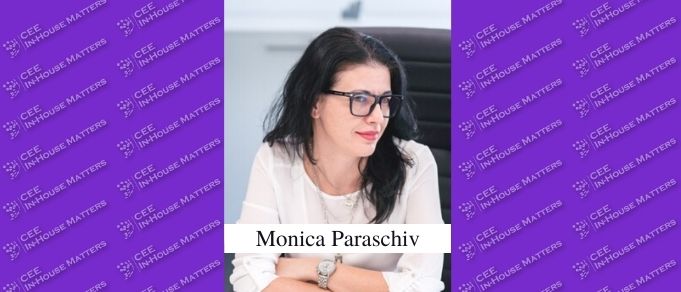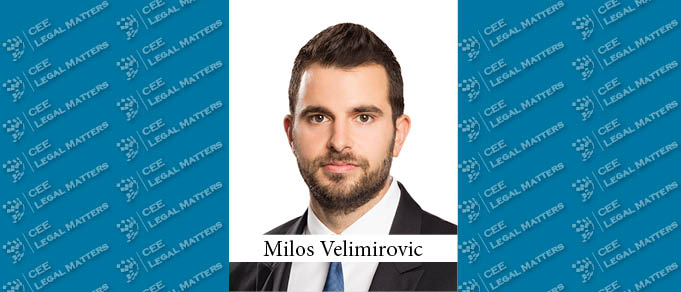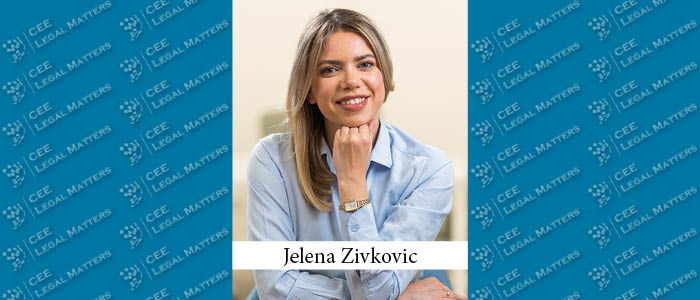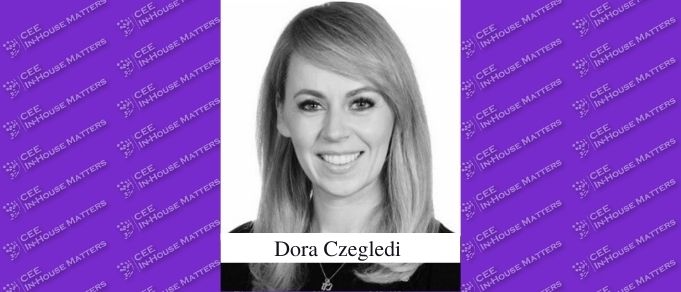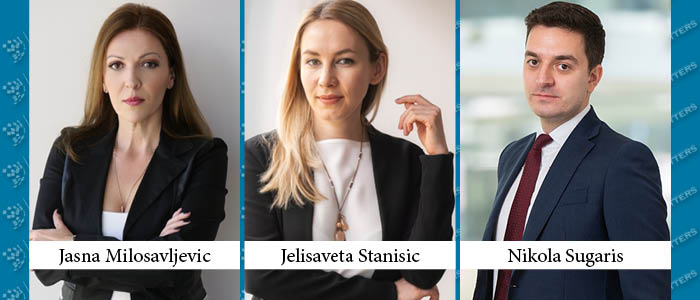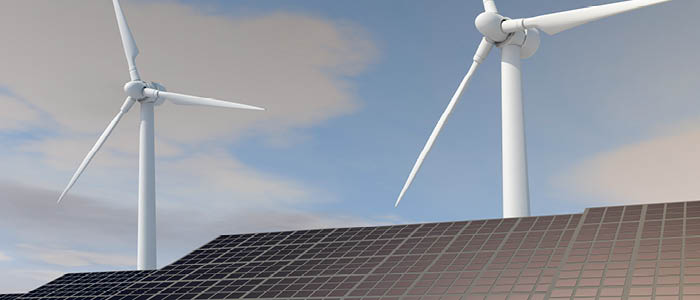Halfway through the third quarter, 2021 is proving to be a good year for the Russian market, both in terms of M&A activity and a frothy IPO market. This uptick in part reflects unleashing the demand pent up over the COVID-19 recession (although Russia continues to struggle with the pandemic), as well as the upturn in global energy prices (given the oil & gas sector continues to lubricate the Russian economy).
Of cheer for practitioners over the medium-term, this reflects:
First, in the wake of the USD 1.2 billion IPO of Ozon (“the Russian Amazon”) in November 2020, good news from the Russian tech sector continued: recruitment platform Headhunter’s follow-on USD 191 million NASDAQ offering; a SPAC transaction whereby Kismet bought into the mobile games creator Nexters at a USD 1.9 billion enterprise value; and a funding round of USD 250 million to support the Ivi streaming service; as well as announced efforts by Russian telecoms to monetize assets by selling their towers.
Second, there is room in the Russian economy for consolidation and economies of scale. The food retail sector has been nicely illustrating this in recent months, in Magnit’s RUB 87.6 billion (USD 1.18 billion) acquisition of the DIXY retail chain and in Lenta’s EUR 215 million acquisition of Billa’s Russian supermarkets business.
Third, some foreign investors, especially Middle Eastern, continue to be attracted to Russia, as recently borne out by Mubala’s investments into EN+ and Nexters.
But the cheer is not boundless. Any IPO prospectus will spin out a lot of pages of risk factors, but these four (intertwined) issues especially restrain the Russian economy:
First, sanctions. More important than the sanctions that have been inflicted is the chilling effect of the prospect of new sanctions striking unexpectedly. Given that US sanctions have been enshrined in legislation, and the Russian caucus in the US Congress remains minuscule, US sanctions against Russia may endure endlessly, as they have against Cuba. In contrast, EU sanctions need to be renewed every six months – you might think one goal of Russian foreign policy would be to do enough to stop the next renewal, which would help spur EU investment into Russia, as well as have the political benefit of driving a wedge in the Atlantic alliance.
Second, the apparent misrule of law, as illustrated by the arrest and long pre-trial detention of Michael Calvey, the founder of one of the largest Russian PE funds, and his colleagues. As the FT headlined this week, Trial of US investor is emblematic of country’s reputation as treacherous place to do business (and as I write this today, Calvey has been handed a five-and-a-half-year suspended sentence). As Boris Titov, President Putin’s commissioner for entrepreneurs’ rights, has repeatedly pointed out, Calvey’s fate has been shared many times over, but with less publicity, by Russian entrepreneurs.
Third, the dearth of western investment into Russia, in part due to the above, but also driven by the almost uniformly bleak media image of the country in Western media, overlooking countering narratives that help explain this year’s market uptick. With an eye on Calvey, the behemoth US and EU PE players shy away from investment.
And last, an economy skewed towards state-ownership and carbon, in which state-owned titans (representing more than 30% of GDP) tend to occupy the commanding heights, including the colossi of oil & gas (where the agility of the likes of Novatek and Sibur make for an interesting contrast), in a world turning green. It’s an economy shy of creative destruction.
According to the social historians, plagues have a way of concentrating the collective mind: so much suffering and death should somehow be redressed by an improved social order, a more equitable society. At the intersection of business and politics, Joe Biden is doubling down on American infrastructure (both in its bipartisan Bridges & Tunnels version and its expansive 50-Democrat version). Chairman Xi is doubling down on the Communist Party, going strong on its 100th birthday, recently reminding the tech wunderkinds to kowtow (wiping off billions of market cap). The question for President Putin, in his 22nd year of leadership, is how he sees leading Russia, whose people believe they have a unique historic mission, into a better future – thus maintaining the legitimacy of his rule, should he choose (as cannot be ruled out) to seek re-election in a free, and fair, election scheduled for 2024.
By Scott Senecal, Partner, Cleary Gottlieb Steen & Hamilton
This Article was originally published in Issue 8.8 of the CEE Legal Matters Magazine. If you would like to receive a hard copy of the magazine, you can subscribe here.

